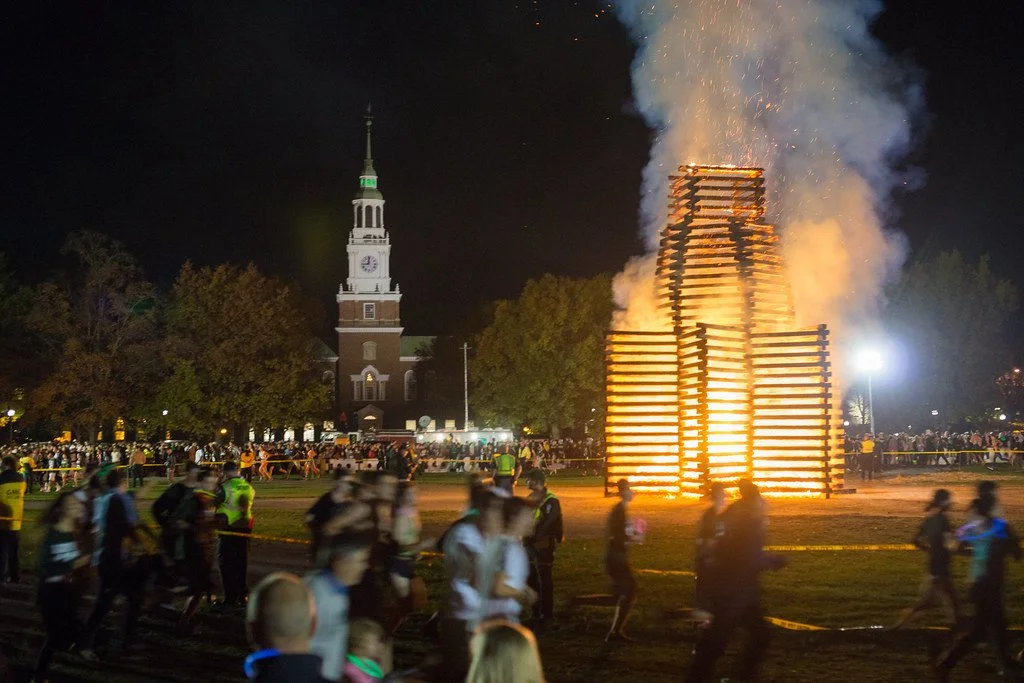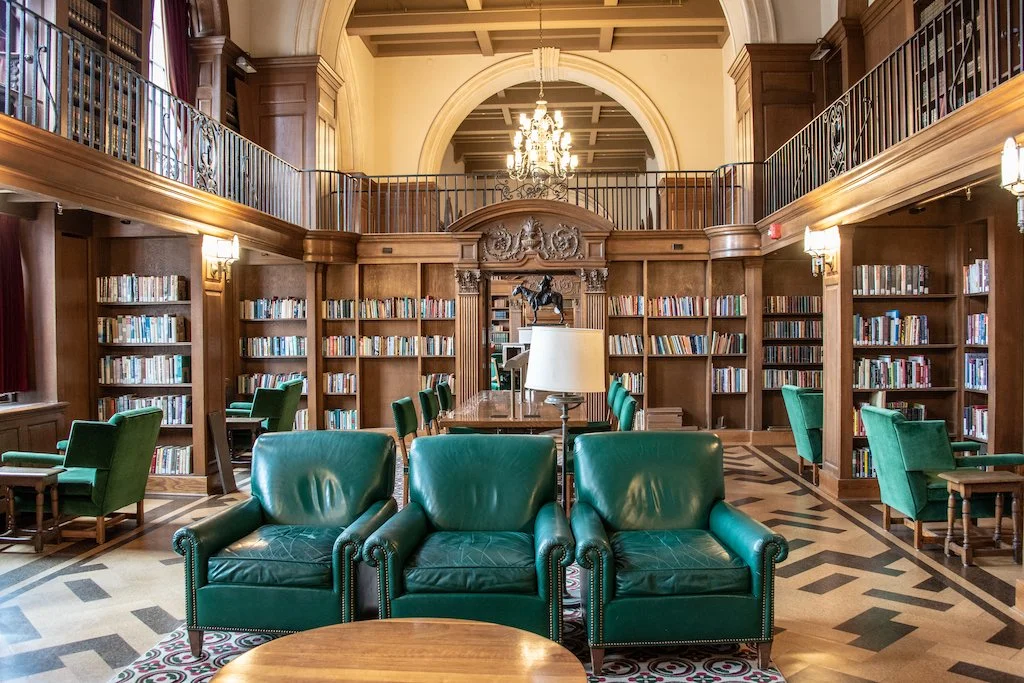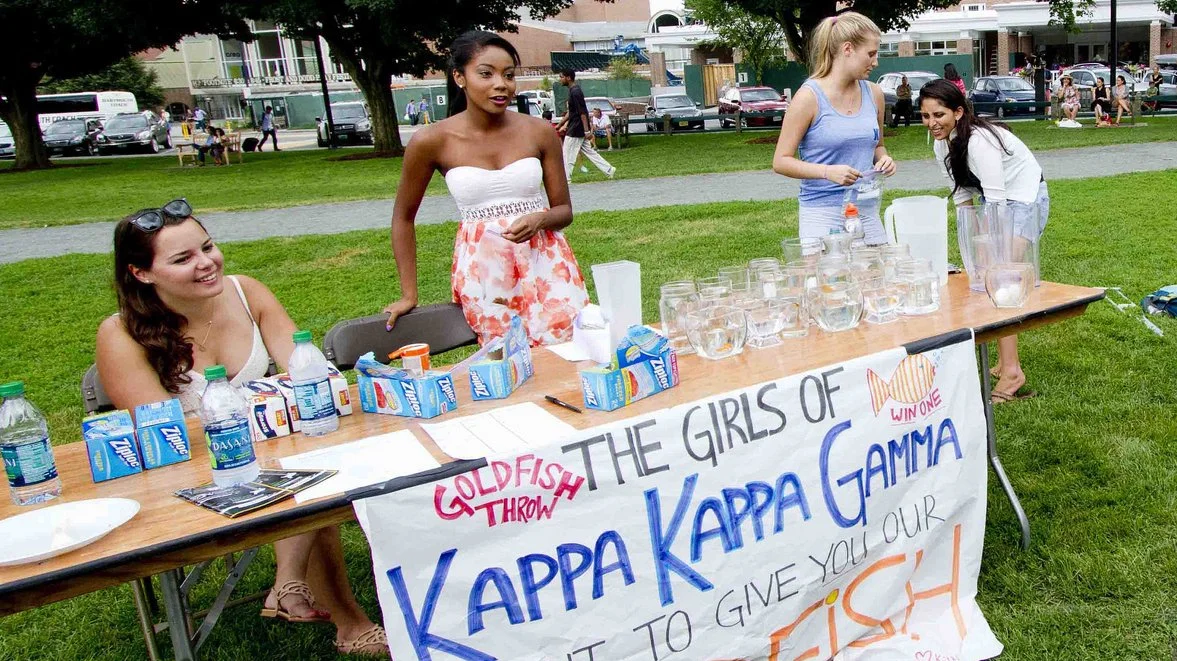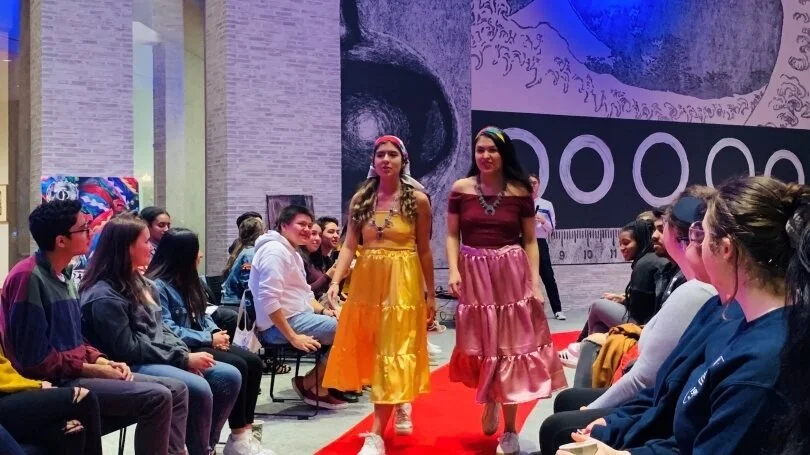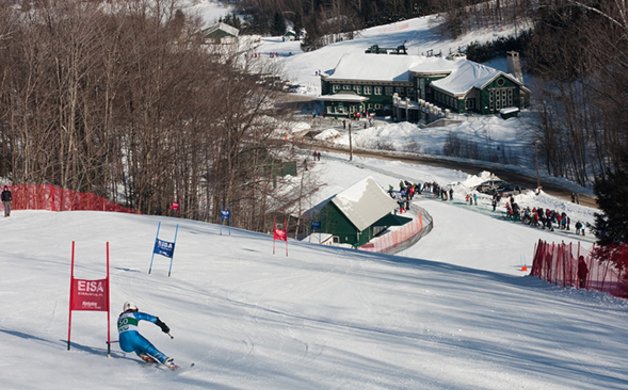How to get into Dartmouth
What is Dartmouth’s reputation?
“outdoorsy” “remote” “preppy” “idyllic campus” “amazing professors” “tons of school spirit” “strong alumni network” “outgoing, well-rounded students” “down to earth” “big Greek life” “white and wealthy” “feeder school for investment banking and consulting” “strong sense of community” “very athletic” “lots of fun traditions” “beer pong” “freezing cold”
Dartmouth College, although technically a university, is the only Ivy League school to still call itself a college. And as the smallest college in the Ivy League (with only 4,500 undergraduates), it feels much more like a small liberal arts college than a large research university. Unlike many of its urban rivals, Dartmouth is located in the rolling hills of Hanover, New Hampshire. Some students would go nuts if they had to spend four years away from a vibrant city (Boston is 3 hours away). But for those looking to escape the crime, pollution and congestion of big city life, Dartmouth is heaven: it boasts a tight-knit student body, a super-safe campus, stunning natural surroundings, and one of the strongest alumni networks anywhere.
The D-Plan.
One of the hallmarks of a Dartmouth education is the D-Plan (“Dartmouth Plan”). Unlike most universities that run on a semester system, Dartmouth runs on a quarter system: fall, winter, spring, and summer. Instead of having long semesters that run for 16 weeks, Dartmouth’s quarters only last 10 weeks. That means the pace of learning is faster, and you get to try more classes over the course of your college career. But even more importantly, it gives you the flexibility to decide when you’re on-campus and when you’re off-campus (most students spend sophomore summer on-campus). When you’re off-campus, you can use it as a break, or you can use it to pursue research opportunities or internships that students from other schools won’t be able to pursue because they’re in school.
The Pros of Dartmouth…
Aside from the flexibility of the D-Plan, Dartmouth students rave about the quality of their professors, since the school prioritizes undergraduate teaching. Unlike Columbia or Harvard, almost all of your classes will be small, and they’ll always be taught by actual professors (not grad students or teaching assistants who don’t really want to be teaching). Also, unlike Cornell, Columbia and UPenn (which are all broken up into different undergraduate colleges), Dartmouth is a single college (like Yale, Brown, Princeton and Harvard), which means it’s easy to change your major at any time. It also means you just apply to Dartmouth; you don’t have to pre-select your area of interest before you get there.
The other thing Dartmouth students love is the strong sense of campus community. Because Dartmouth is so remote, and there are no major cities nearby, all of the student energy gets reinvested back into the campus. There are lots of fun school traditions, a thriving Greek party scene, and a ton of ways to explore and enjoy the surrounding area with hiking, kayaking, ice skating, etc. Dartmouth even has its own ski resort which is only a 20 minute shuttle away. Many incoming freshmen also love the bonding experience they get camping in small groups on their First Year Trips (aka “freshman trips”), which take place just before the start of Fall quarter.
There’s also a sense that Dartmouth tends to attract students who are not only extremely bright, but also well-rounded, in the sense that they are fun, friendly, outgoing, and have many interests beyond just academics. Meeting many of them, you would have no idea how smart they are when it comes to coursework; they don’t wear it on their sleeves. Compare this with Harvard or Princeton, for example, where students have a reputation for being overly serious, competitive, and hyper-focused on just one thing to the exclusion of all else. Dartmouth students are good at pursuing work-life balance.
The Cons of Dartmouth…
Rural New Hampshire is not for everyone (campus is located right along the border of New Hampshire and Vermont, but it’s technically located in New Hampshire). If you’re used to the endless bounty of cultural and cuisine options provided by a major city, you’ll be sorely disappointed. Hanover is a not unlike a “one stoplight” town, and while it definitely has its charms, it doesn’t offer much in the way of exciting nightlife (it’s similar to Princeton and Cornell in this regard). It’s also a very “white” town that skews quite old.
Also, some students are disappointed to learn that nearly two-thirds of all Dartmouth students belong to a fraternity or sorority. The good news is that their parties are almost always open to everyone. You don’t need to get on any kind of guest list (like at Harvard); you just show up. But if dank frat basements and beer pong aren’t your thing, you may grow tired of the social scene that inspired the movie, Animal House, which was written by a Dartmouth alum. Also, it’s freezing cold from November to spring, so pack a coat.
Also, Dartmouth feels more like a small liberal arts college than a major university; the campus and community feel more like a Williams, Swarthmore, Bowdoin or Middlebury than a University of Michigan, Johns Hopkins or UC Berkeley. Yes, Dartmouth has a few graduate schools (engineering, business, and medicine), but it’s not on the scale you’ll find at major Ivy League universities like Cornell, UPenn, Harvard or Yale, which are first and foremost research institutions. Undergrads at Dartmouth still have access to excellent research opportunities, but you won’t have the abundance of choices you’ll find at a larger school. On the other hand, the focus of Dartmouth is on undergraduate teaching, which means it’s all about you and your undergraduate experience; you’ll never feel like an afterthought or a bother. It’s similar to Brown and Princeton in this regard.
Dartmouth is also the least ethnically diverse of all the Ivies. Dartmouth has the highest percentage of white students (50%), compared with only 30% at Columbia (the lowest) or 37% at Yale (about average). And only 14% of Dartmouth students are Asian, compared with 26% at UPenn (the highest) or 22% at Cornell (about average). Dartmouth’s Black student population (5%) is lower than Harvard (9% - the highest) or Yale (8% - about average). And Dartmouth’s Latino population (10%) is tied for lowest in the Ivy League, compared with 16% at Columbia (the highest) or 11% at Brown (about average). However, Dartmouth’s Native American population (1%) is more than double any other Ivy, since the school was founded to educate (aka “indoctrinate”) Native Americans and now boasts many excellent Indigenous academic and cultural programs.
What does Dartmouth look for in applicants?
Like all Ivies, Dartmouth is looking for straight-A students who have crushed their standardized tests (average: 34 ACT, 1520 SAT) and who have some remarkable extracurricular achievement. Beyond that, Dartmouth is eagerly looking to diversify its (somewhat homogeneous) student body with more underrepresented and low income students, including African Americans, Latinos, American Indians, and first generation students (Dartmouth defines this as students whose parents didn’t earn a four-year college degree anywhere in the world).
If you belong to one of these special groups, and you have a strong transcript, then you have a much-improved chance of getting in. Also, Dartmouth gives strong preference to students who apply Early Decision (17% ED acceptance rate vs. 5% for Regular Decision), and it’s worth noting that nearly 50% of each year’s freshman class is made up of ED applicants. You can read more about Early Decision here.
SAT or ACT scores required.
In February 2024, Dartmouth announced that it would once again require all freshman applicants to submit either their SAT or ACT score starting in Fall 2024. They conducted a study (with Brown University) that found that these standardized test scores correlated highly with college GPA. They also said that students from disadvantaged backgrounds (low-income families, low-performing schools, etc.) would be evaluated differently than students from advantaged backgrounds. What this means, for example, is that a 1400 SAT might not look great for a privileged student, but it could do wonders for a student who comes from a region where students typically perform well below this number. The takeaway: you’re evaluated against similar peers.
Final tips for getting in.
The Dartmouth application requires several supplemental essays, but none is more important than the one which asks: Why Dartmouth? It’s important to remember that while many parents and students lump all of the Ivies together, they’re actually quite different from one another, and these schools are extremely proud of what makes them unique. Therefore, it’s important to spend some time on the Dartmouth website to pick out some key features that are distinct to the school, and to highlight why they’re important for you.
For example, maybe you plan to be a political science major, so you can mention how the flexible D-Plan will allow you to intern on Capitol Hill for your state senator during the critical fall elections (while students from other colleges are stuck on campus). Or maybe you plan to supplement your environmental studies major with research on algae production in the Connecticut River, which is just steps away from campus. Or maybe the school’s extensive Native American cultural programs and living-learning community are central to exploring your own roots and advocating for Indigenous rights.
Find a few specific Dartmouth programs, courses, professors, or other benefits that you can’t find anywhere else, and articulate why they are central to your educational goals.
Dartmouth is located in the pristine White Mountains of New Hampshire, which makes it ideal for getting out and enjoying nature; the Dartmouth Outing Club is the oldest and largest in the nation.
Dartmouth has a lot of strong college traditions, like freshmen building a monumental bonfire for homecoming weekend.
Dartmouth is often praised as having one of the most beautiful campuses, and there are plenty of picturesque study spaces, including one in Sanborn Library that serves afternoon tea.
Greek life is fairly prominent at Dartmouth, and nearly two-thirds of students belong to a fraternity or sorority, but their parties are generally open to everyone.
In an ongoing effort to diversity its campus, Dartmouth is eagerly recruiting applicants from under-represented populations; here students participate in an Indigenous Fashion Showcase.
Dartmouth has its own Skiway about 20 minutes from campus, and other major resorts like Killington are just an hour away.


